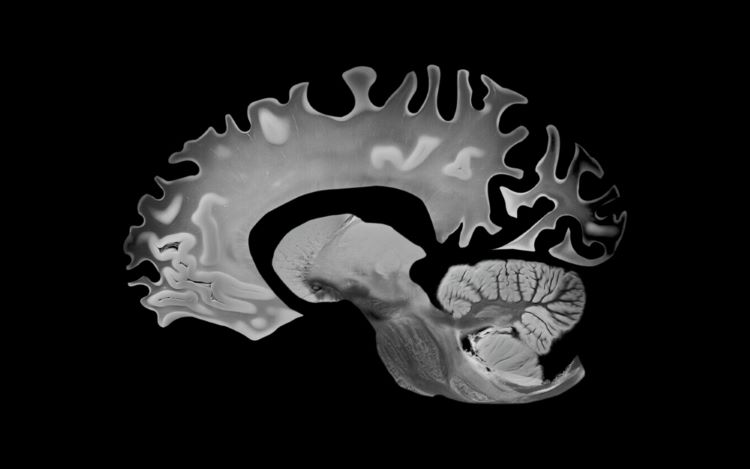Lilly wins European Alzheimer’s approval for Kisunla after regulatory setbacks
Posted: 26 September 2025 | Catherine Eckford (European Pharmaceutical Review) | No comments yet
The anti-amyloid monoclonal antibody is part of the class of medicines representing the first disease-modifying therapies for the neurodegenerative disease.


Eli Lilly’s Kisunla (donanemab) has been approved by the European Commission (EC) to treat early symptomatic Alzheimer’s disease, overcoming its knockback earlier this year.
In March European Medicines Agency (EMA) advisors refused to back its approval, believing its benefits were not enough to outweigh the risk of potentially fatal events due to amyloid-related imaging abnormalities (ARIA), involving swelling and potential bleeding in the brain.
After re-examining the drug the EMA’s committee for Medicinal Products for Human Use (CHMP) recommended Kisunla for approval, but only for a subset of the patient population.
Consequently, the monoclonal antibody is now indicated for adults with mild cognitive impairment and individuals with mild dementia stages of Alzheimer’s, but only for those that do not have a copy of the ApoE4 gene, a certain form of the gene for the protein apolipoprotein E, or people who have only one copy of the gene.
Clinical efficacy
Kisunla, which is administered as a monthly infusion, is the first amyloid plaque-targeting therapy to show evidence of helping patients to complete their treatment course when amyloid plaques are reduced to minimal levels, according to Lilly.
Its new European authorisation is based on the phase III TRAILBLAZER-ALZ 6 and TRAILBLAZER-ALZ 2 clinical trials.
Patrik Jonsson, Executive Vice President and President of Lilly International, explained that in the TRAILBLAZER-ALZ 2 trial, “Kisunla demonstrated meaningful results in people with early symptomatic Alzheimer’s disease by significantly slowing cognitive and functional decline… [and] the earlier patients are identified, diagnosed, and treated with Kisunla, the greater the response to treatment”.
[in the TRAILBLAZER-ALZ 2 trial] Kisunla demonstrated meaningful results in people with early symptomatic Alzheimer’s disease by significantly slowing cognitive and functional decline”
Long-term clinical data from an extension study of the TRAILBLAZER-ALZ 2 trial released in July showed that the drug provided sustained benefit in early Alzheimer’s over a three-year period. Specifically, participants treated earlier gained a 27 percent reduction in their risk of progression to the next stage of disease.
Analysts at GlobalData forecasted last year that Kisunla could produce sales of approximately $2 billion in 2030 in the US, France, Germany, Italy, Spain, UK, Japan, and China.
However, its pricing could be an issue and the UK’s cost and clinical effectiveness watchdog National Institute for Health and Care Excellence (NICE) earlier this year declined to back its use on the NHS.
Related topics
Antibodies, Big Pharma, Biologics, Data Analysis, Drug Development, Drug Safety, Industry Insight, Proteins, Regulation & Legislation, Research & Development (R&D), Therapeutics









